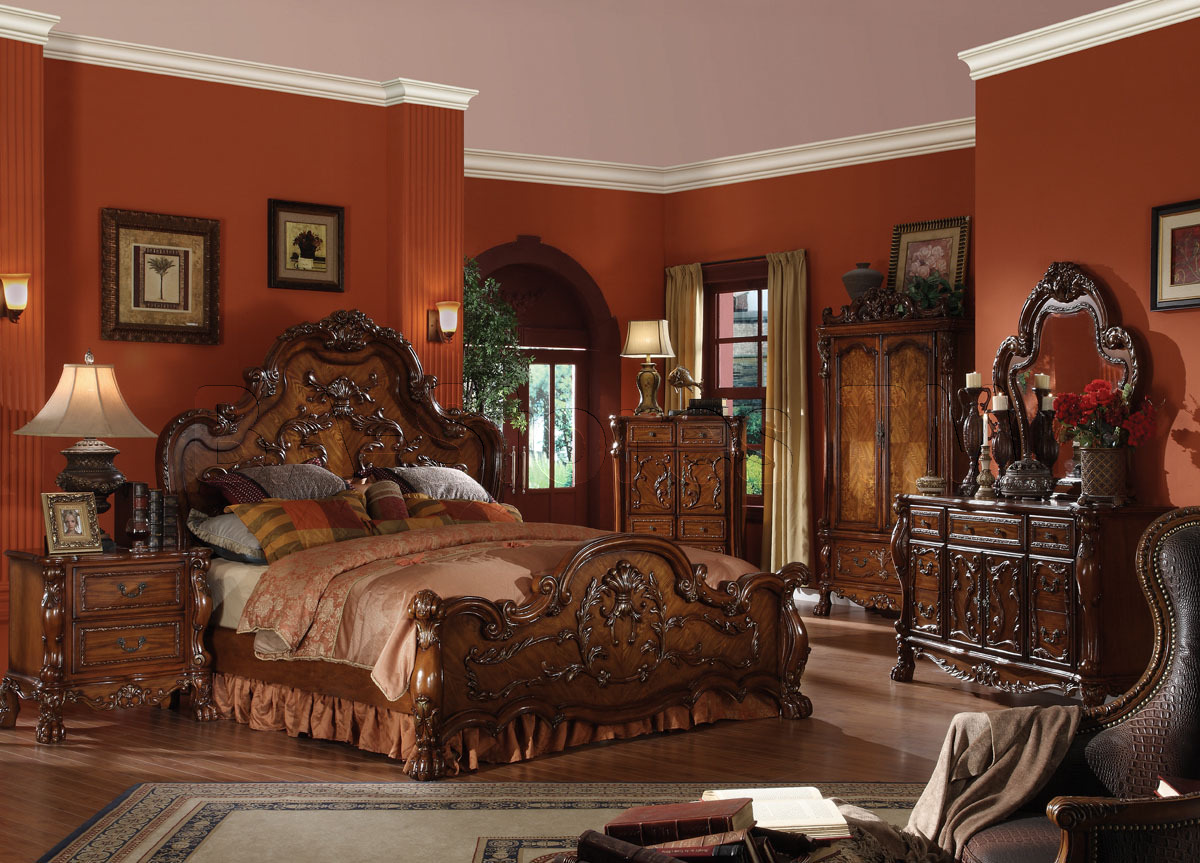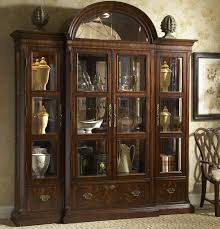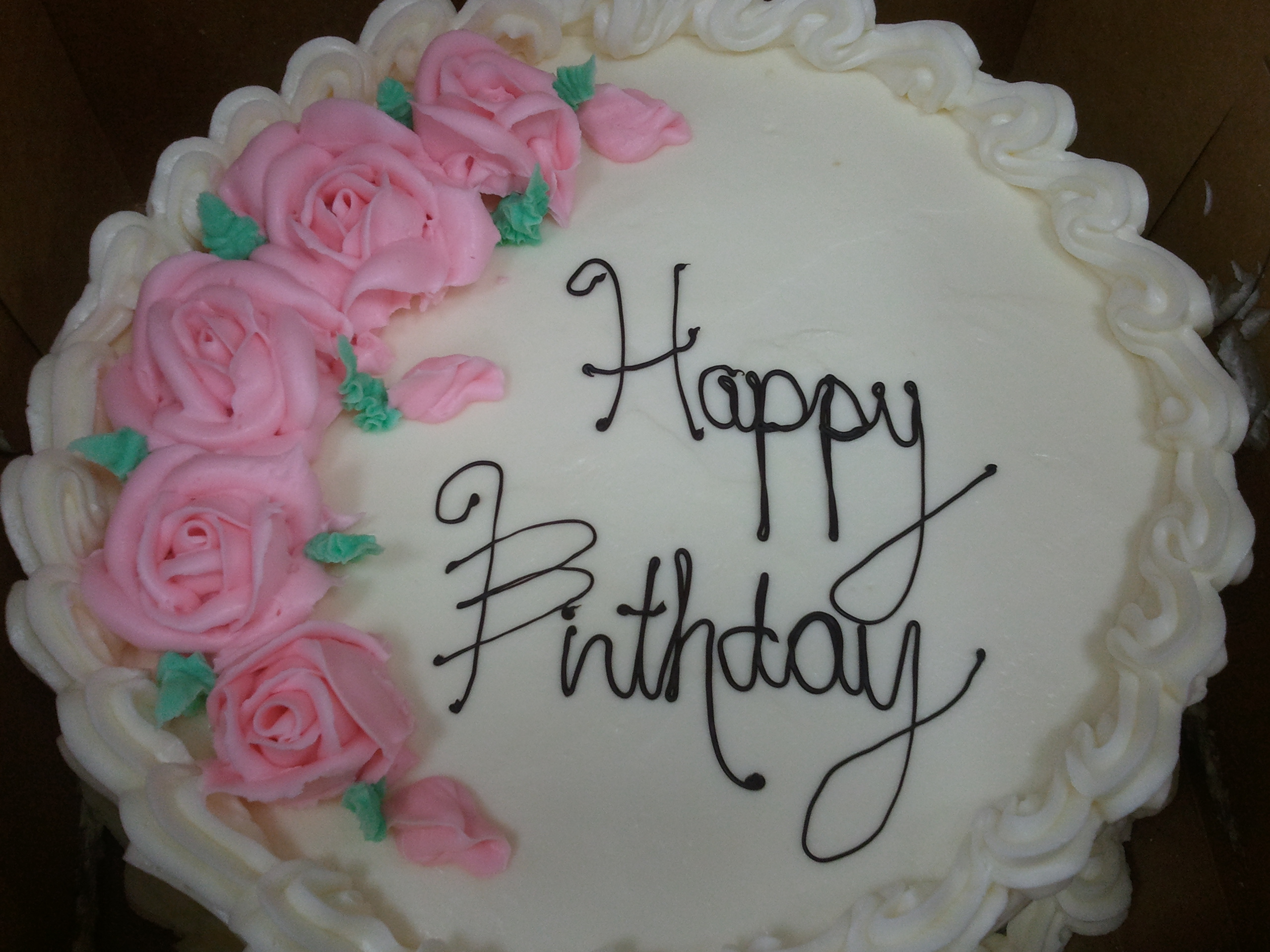We each have items in our homes that came from a loved one, passed down through the years. To us, these items are special, unique, and valuable. Sometimes, these items are even more special, unique, and valuable because of our feelings towards the loved one who gave it to us.
If you can, place those feelings to the side for a moment. We really need to have a fresh understanding about the market, the economy, and what our heirlooms are really worth. As an appraiser, I come to the table as an objective third party who has the ability to look at items through new, yet somewhat critical eyes, much like a detective.
I see flaws others may not.
I see condition issues others may not.
I see that someone drilled a hole through the bottom of a Ming Dynasty vase because they wanted it to be a lamp (ugh!).
I see that someone uses 21st century screws to reinforce an 18th century piece.
However, there is more to it than that; we must dig a little deeper to get to the crux of the matter.
The truth is that in today’s market, a c.1830s bird’s eye maple English chest will sell for far less than a “Made in China” piece you can buy at Rooms to Go or IKEA. I saw it with my own eyes at an auction recently. The gorgeous English chest sold for $100 and the black lacquer Oriental chest made 30 days ago sold for $350.
WHY?
Gone are the days of truly caring about quality.

Gone are the days of the younger generations wanting traditional furnishings.
In are the days of how the item looks and functions. Maybe not for all of us. This trend is picking up speed and we see more of it as each day passes. Size and space also enter into the equation, since we are in the middle of a major simplification trend. Both our homes and our furnishings are getting smaller.
I address the older generations when I say this and I hope it will be realized:
Dark brown furniture gives the younger generation the willies just to look at it.

Boomers don’t want any more of it, and are trying to downsize and let go of the dark heavy furnishings, as we speak! Being surrounded by heavy, large, dark furniture is not what people want today, let alone my daughter’s generation. She doesn’t want it now and she will not want it later. It won’t pay to pressure her or store items for her.
It doesn’t matter how old it is.
It doesn’t matter what you paid for it.
It doesn’t mean anything to a stranger or the public who come to purchase it.
If we don’t want it and our children don’t want it, others will not want it either.

Of course there are exceptions to every rule and all families are different. But if we dare to peek into the future, what will become of the older, dark furnishings in 2 years? 5 years? 15 years?
Those of us in the industry have seen a steady decline since 2008 so it is no surprise to us. It’s alright that not everyone will accept what we have to say, but at least, listen to the market. It has spoken loud and clear!
©2016 The Estate Lady®
Julie Hall, The Estate Lady®, is the foremost national expert on personal property in estates, including liquidating, advising, and appraising. http://www.TheEstateLady.com She is also the Director of American Society of Estate Liquidators®, the national educational and resource organization for estate liquidation. http://www.aselonline.com.
No part of The Estate Lady® blogs, whole or partial, may be used without Julie Hall’s written consent. Email her at Julie@TheEstateLady.com



